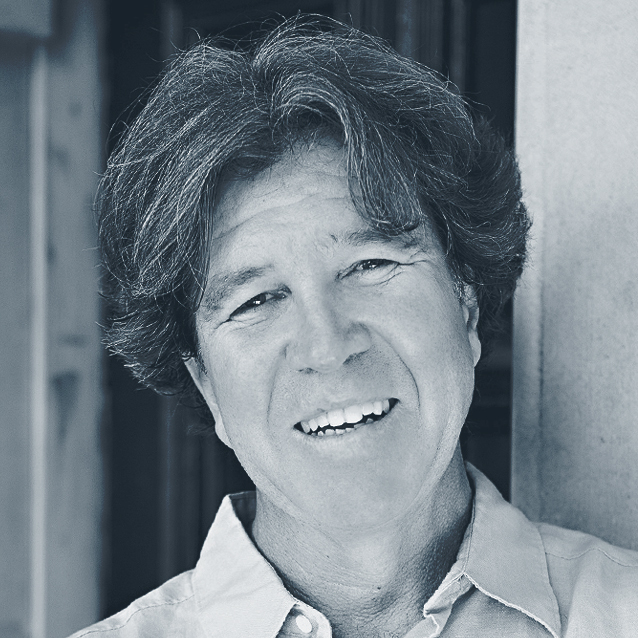Role: Professor of Pedology and Deputy Director of the Colorado Agricultural Experiment Station (CAES)/Associate Dean for Extension
How are you connected to CSU Spur?
I am connected to Spur through my administrative role with CAES and my research on and interest about soils of urban ecosystems.
When did you get involved with Spur and why is it important to you?
I was involved in the very early planning and visioning exercises for the College of Agricultural Sciences and CAES. I had envisioned not only an “urban centric” research program for Denver but how urban food production systems might be applicable to improving lives elsewhere. The trend is inescapable: more and more people in the developing world are living in the cities. By 2025, the number of people living in developing countries will grow from 4.9 billion to 6.8 billion. Ninety percent of this increase will be in rapidly expanding cities and towns. More than half the population of Africa and Asia will live in urban areas by 2025. More than three-quarters of Latin Americans already do. I have always viewed, or to some degree hoped, that some of the activities at Spur could address this globally important challenge.
What outcomes have you seen or do you expect from work at Spur?
In many cities in the least developed countries, hunger and malnutrition are common, even when food is relatively abundant. Over the past two decades, there has been an increased interest on the problems associated with rapid urbanization in developing countries — a literature that for the most part has neglected the important dimension of urban food systems and how these link production and consumption networks at local, regional, and global levels. Similarly, there is a newly burgeoning literature on global food systems, but the contextual role of the urbanization process is rarely addressed. We have this opportunity in Denver at the Spur campus.
What would you like others to know about Spur?
Over the next several decades, food security will continue to be one of the most pressing issues facing our planet. This is a 21st century problem, with 21st century boundary conditions and constraints. Innovation and technology are key! The type and effectiveness of agricultural technologies are highly debated, and the debates are often polarized. Technology options are many, but transparent, evidence-based information has been inconclusive or scarce. We should use recent social science to help us (scientists) begin to reframe the nature and scope of the problem. For example, creating a truly regenerative and C-neutral global soil management and agricultural production systems is a truly Wicked Policy problem — one that is enormously complex, has many inter-related participants and components, and will likely take generations to improve. Our hope is that Spur will foster innovation via colocation, collaboration, and community engagement to address these issues at local, regional, and global scales.

